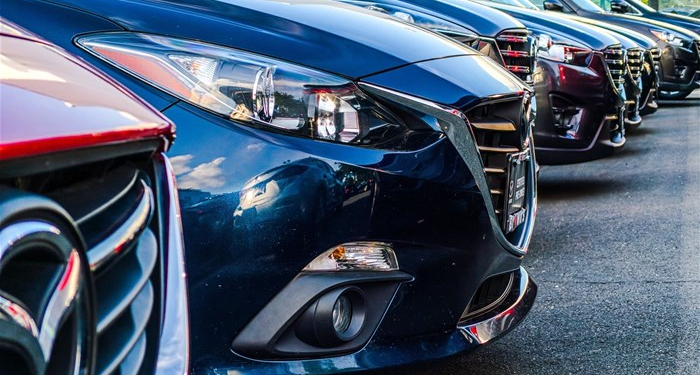The used car market in Tanzania is experiencing robust growth, currently valued at USD 38.50 million and projected to reach a net valuation of USD 55.66 million with an impressive CAGR of 7.65% during the forecast period. This surge is attributed to several factors shaping the automotive landscape in the country.
Shifting Preferences: Imported Used Cars and Online Platforms
Consumers in Tanzania are increasingly favoring imported used cars from Japan. This preference is fueled by the affordability and reliability of Japanese brands, with Toyota being a particularly favored choice. The rise of online auto platforms has further facilitated this trend, providing a convenient avenue for buyers to explore a wide range of options and make informed decisions.
Low Demand for New Vehicles: A Financial Perspective
The market for new passenger cars in Tanzania remains relatively small, with only 2,000-3,000 units sold annually on average. In 2022, a mere 3,153 units of new vehicles were estimated to have been sold.
The primary reason behind this low demand is the higher price of new cars, making imported used cars, especially from Japan, a more economical choice for Tanzanian consumers. Additionally, concerns about rising unemployment rates impact the purchasing power of consumers, contributing to the subdued demand for new cars.
Fuel Price Challenge and its Implications
A significant challenge faced by the used car market in Tanzania is the escalating fuel prices. Factors such as removing fuel subsidies, global oil price fluctuations, and the devaluation of the Tanzanian shilling against the US dollar contributed to this increase. In August 2023 alone, fuel costs surged by at least 17%, impacting the demand for private transportation.
As most of Tanzania’s passenger car market is dominated by used cars, a rapid increase in fuel prices poses a potential deterrent for customers considering the purchase of used cars.
Government’s Electric Vehicle Drive
In contrast to traditional fuel challenges, the Tanzanian government is actively promoting the electrification of vehicle fleets to reduce carbon emissions. Despite the government’s aggressive stance on adopting electric vehicles (EVs), the higher costs associated with electric vehicles, particularly their batteries, may lead consumers to opt for more affordable alternatives, such as used cars.
As of April 2023, Tanzania boasted an electric vehicle parc of 5,000 units, marking the highest in the East African region.
Online Revolution: The Role of Digital Technologies
Adopting digital technologies is shaping the trajectory of Tanzania’s used car market. Tech-savvy individuals, coupled with the emergence of e-commerce platforms, contribute to the increasing demand for used cars sold through online channels.
With a growing internet penetration rate of 31.6% and an urbanization rate of 37% in 2022, the online used car market is expected to grow positively. Japanese players are capitalizing on cross-border sales opportunities, exporting used cars to Tanzania, where Japanese brands hold high preference.
Conclusion:
Tanzania’s used car market navigates a dynamic landscape influenced by consumer preferences, economic factors, and government initiatives. While challenges like fuel price fluctuations persist, the market’s resilience and the government’s push for electric mobility create opportunities for both consumers and industry players in the foreseeable future.
Original Article:https://www.mordorintelligence.com/industry-reports/tanzania-used-car-market




